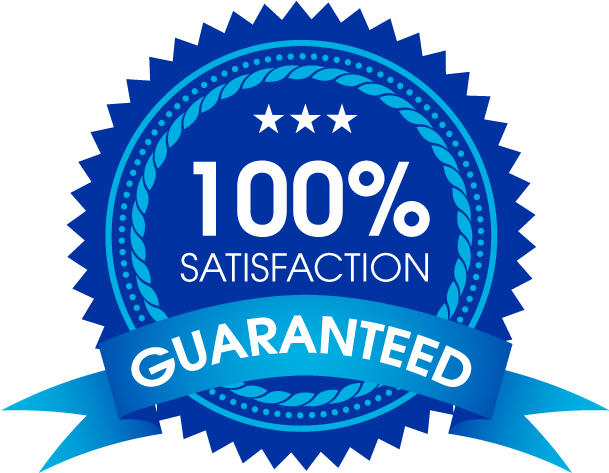Medical Practice Management Software Purchasing Guide
There are hundreds of medical practice management (MPM) software programs designed to suit every type and size of the medical office. Both PC-based and cloud-based software offers a variety of modules that allow you to perform a single function up to full-featured programs that allow you to manage every aspect from appointment scheduling to collections. To help you evaluate and choose the right software for your medical office, we’ll review features and pricing, and provide tips for buying MPM software.
Why Medical Practices Use MPM Software
Practice management software helps doctors, nurses, and administrative staff to:
- Schedule and manage patient appointments quickly and efficiently
- Track diagnoses, visits, test results, and demographics
- Order diagnostic tests, transmit prescriptions and make patient referrals
- Submit billing to insurance companies and track payments
- Generate a variety of management reports to track cash flow and profitability
In addition to greater operating efficiency, a major benefit of using MPM software is compliance with HIPAA laws. Many software vendors include built-in features or include HIPAA-compliant hosting services for cloud-based MPM programs. This reduces time spent auditing for HIPAA compliance reduces the possibility of fines for non-compliance. {' '}
Features of Medical Practice Management Software
Look for features that will immediately improve productivity in every area of your practice and for all your medical and administrative staff functions. Choose software that lets you start with core features then add features and upgrade services as you practice needs grow. Here are the most important features to evaluate. {' '}
- Billing - MPM software offers a variety of billing functions including accounting software integration, auto-complete billing codes, a choice of direct Medicaid/Medicare billing or clearinghouse services, and error-checking to catch coding errors and invalid policy information.
- Reporting - There are hundreds of reports available with MPM software. Can you create and customize reports? Or, does it have easy-to-use built-in charts and graphs, claims and billings reports? Also look for staff activity and efficiency reporting, and inventory management reports. {' '}
- Scheduling - MPM software that supports instant insurance eligibility verification is a time and money-saving features that ensure that the patient’s claim will be paid for the service being scheduled.
- Security - Ensure patient confidentiality and meet HIPAA requirements with 256-bit encryption, changelogs, multiple-level security access, and SSL/TLS technology. With cloud-based MPM, look for advanced encryption, bank-level security, and automatic system updates.
- User-friendliness - How easy is searching for patients or claim status? Is scheduling a simple one or two click process? Is the system customizable allowing you to change service fees and billing details? Does the system support document sharing and storage?
Cloud-based vs. On-premise MPM Software
Cloud-based software allows you to access more features at a lower cost than integrated on-site software. Some of the features of cloud-based systems include:
- Advanced insurance claims submission processes.
- Automated billing and collections processing.
- Drag-and-drop scheduling.
- Instantaneous prescription and lab order transmission.
- Dashboards with advanced forecasting and analytical tools.
Medical Practice Management Software Pricing
- Locally-hosted MPM - $1,285 to $60,000 - Costs depend on the number of licenses plus installation fees. Save money by leasing or starting out with fewer licenses.
- Multi-use Software for Small Medical Practices - $500 to $1,799 - These are single-station packages that allow you to add user stations and feature plug-ins like custom reporting, data conversion, and e-doc storage as extra features ranging from $199 to $500 for each feature or module.
- Online ASP Software - Fees start at $99 per month and setup is usually less than $5,000. You’ll also pay usage fees ranging from $0.50 to $0.75 per claim or statement. This is a choice for very small and startup practices.
- Cloud-based MPM Software - $349 per month per subscriber, or $0.69 per encounter
With some MPM software vendors, expect to pay extra for:
- Cancellation and exit fees
- Data transfer fees
- Training and support service fees
MPM Software Buying Tips
- Look for medical practice management software that integrates with your existing EMR, billing, and accounting software.
- Decide who on your staff is the best person to evaluate MPM options. Ensure that they know your budget and know the functional needs of every user.
- If you choose on-site software, find out what level of post-sale support you will receive.
- Request a demo, either live or download or a customized on-site demo.
- Ask about data portability to find out how easy it is to export data if you choose to move to a new MPM platform in the future.
Here are some internal items you’ll need to take note of before you start shopping MPM software vendors and requesting product demos.
- Check your network requirements. Make sure you have proper internet speeds and sufficient bandwidth to utilize the MPM software or cloud solution.
- Create a user walk-through. Develop a scenario that allows you to perform the most difficult and extensive tasks that your staff might need to do.
MPM Software for a Profitable Medical Practice
Good customer service, which starts with efficient record-keeping, is important to a medical practice. Finding the right MPM software solution will support timely billing, keeping track of appointments and referrals, sending prescriptions, and communicating information with other providers helps you to maintain a sound doctor-patient relationship and operate a profitable medical practice.

